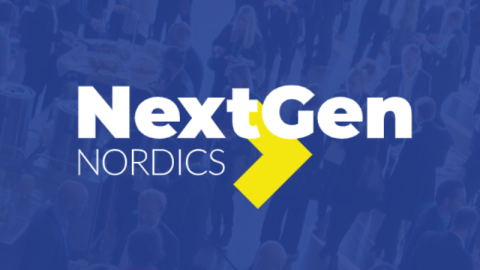With increasing interest in digital currencies, Nordic central banks are responding to the urgent need for transformation in the monetary landscape. Events such as NextGen Nordics, set to take place on April 29, 2025, at Münchenbryggeriet in Stockholm, are driving discussions about the benefits and risks of Central Bank Digital Currencies (CBDCs) in relation to traditional banking systems. As enthusiasm for CBDCs grows, so does the concern regarding their potential to disrupt existing financial structures, particularly the risk of disintermediating native banking systems.
The Advantages of Utilizing CBDCs
By adopting digital currencies, central banks can enhance financial access for underserved populations, especially in areas lacking robust traditional banking infrastructure. In the already well-connected and technologically advanced Nordic countries, CBDCs could facilitate seamless integration into digital financial services for all citizens, further eliminating barriers to basic financial services. CBDCs have the potential to streamline payment processes by minimizing reliance on intermediaries that can slow transactions and inflate costs. By enabling near-instantaneous and low-cost transactions, CBDCs could optimize payment systems for both consumers and businesses.
Backed by the full faith and credit of the government, digital currencies issued by central banks carry a lower risk of default compared to those issued by commercial banks or private cryptocurrencies. This characteristic could stabilize the financial system and avert crises associated with private sector failures. The NextGen Nordics event serves as a significant platform for advancing conversations about CBDCs in the Nordic region, bringing together leading central banks, fintech experts, and industry stakeholders to shape the future landscape of digital currencies.
Retail and Commercial Use Cases
In the retail space, a CBDC could serve as an alternative to traditional bank deposits, enabling consumers to make payments in a fully digital environment. This transition would provide the convenience of digital wallets while ensuring transaction safety and security, akin to cash but enhanced by digital technology’s advantages. For businesses, the benefits may include reduced transaction fees, accelerated settlement times, and simplified international payments devoid of cross-border fees and currency exchange complexities.
In countries like Sweden, where cash usage has markedly declined, moving towards CBDCs appears to be a logical progression for ensuring efficient and secure transactions for consumers and businesses alike. Nonetheless, consumer readiness remains an essential consideration. NextGen Nordics acts as a forum for understanding both the benefits and challenges of CBDCs while fostering innovation. By encouraging collaboration and the exchange of ideas, the event helps central banks explore the necessary infrastructure for implementing CBDCs.
Impact on Native Banking Systems
If consumers can hold digital currency directly with central banks, avoiding traditional bank accounts, banks might lose critical functions such as lending and deposit-taking. This scenario could significantly reshape the financial landscape and redefine the banks’ roles within the economy. However, disintermediation does not necessarily equate to disaster for banks. Some experts believe that banks can adapt and thrive by integrating CBDCs into their services and continuing to provide value-added offerings like credit, investment advice, and financial planning.
Events like NextGen Nordics are crucial for advancing discussions around CBDCs, fostering collaboration, innovation, and practical insights that will influence the future of digital currencies. As interest in CBDCs expands, those who embrace innovation while prioritizing privacy, security, and financial stability are likely to shape the future of payments in the Nordic region and beyond.
Be part of the action and gain exclusive expert insights, invaluable networking opportunities, and the tools needed to prepare for the future of payments. Register now to secure your spot! Bank representatives can attend for free, while tickets are available for software, IT, and consultancy providers to financial institutions. This is a must-attend event – don’t miss your chance to stay ahead of the curve.
